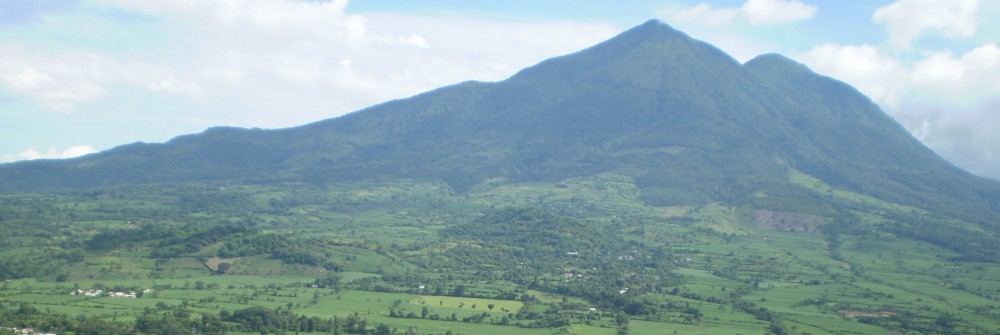This Oral History Project has been such an enriching experience. Not only have I been able to learn more about my father through the telling of his story, but I have also gained much more knowledge about migrant’s journeys and the way that my father’s specific migrant journey has also shaped my life and upbringing.
My dad’s story constitutes the story of a hermano lejano (a distant brother) whose story in a book we read by Baker-Cristales is subject to the role of the state in every day life as the “enduring power of the state idea as a discourse of collectivity, belonging, and exclusion.” What does this exactly entail? For my father, there is no doubt that he identifies as a Salvadoreño and his home country has done a good job of reinforcing this notion every step of the way. Due to the family left behind, the property, at some point the emotional ties to a significant other, he has remained in touch with the state’s affairs. He has ensured to renew his Salvadoran passport and refuses citizenship even after more than twenty years of permanent residency because somehow that would be betrayal to his roots. He ensures that every month he sends remittances to his family members that now constitute the single largest source of income in the Salvadoran economy. He even holds property there in the hopes of one day that making up the sight of a potential house for him in his advanced age. This has been his idea since his bachelor days. Before this class, I would have not thought of this as a way for him to craft a place of belonging in his country to cope with the alienation and foreignness he experienced as a new arrival in this country. Yet as he does this he remains excluded by the state he fervently supports by denying him of his basic civil liberty to vote. Even then he continues to read El Diario La Prensa, has Telecentro on his satellite plan, and continues to buy telephone cards to stay in touch with those behind. He lives the life of a transnational migrant with one foot in the U.S, but another in El Salvador. While he looks upon his country with nostalgia and memories of home, he has formed a family in the U.S with children whose lives are rooted here. With a job, a status, and a home here the U.S has become a home away from home, where the city in which he lives has just become the 15th Department to El Salvador’s 14 Departments.
I say 15th Department because I grew up attending local parties with Salvadoran music and foods, I learned to sport the jersey on days the Selecta was playing, and I learned to speak the language with a true accent. These traditions have played such an important role in my life and I would have not wanted them lost in my dad’s transition. If anything this project, has made me appreciate my dad that much more because he has ensured our upholding of these traditions, despite the pressures he has had to renounce them. I never would have known his struggle had I not coerced him into aiding me with this project.

